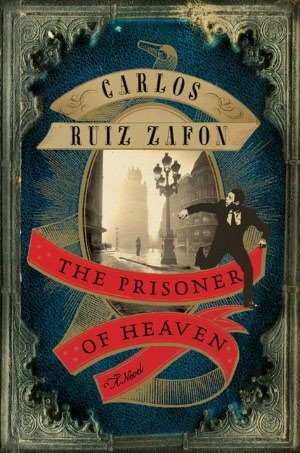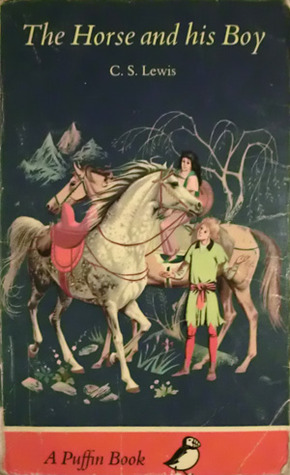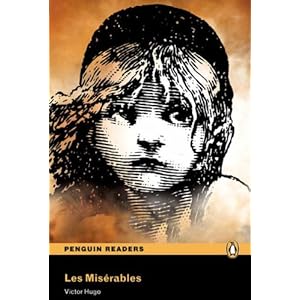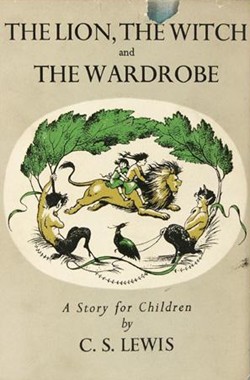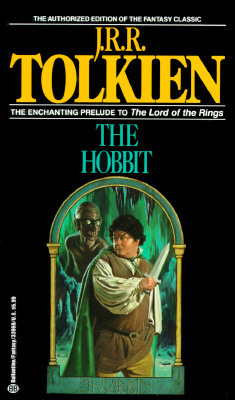 Part 1
Part 1
At the time that I’m writing this part of my review of Atlas
Shrugged I am only about 90 pages into it. It is a big giant book, and I’m sure
it’ll take some time to get through, but I just wanted to put down some
thoughts about it now. First off, I picked this as the next book to read
because I had heard that it was Paul Ryan’s favorite book. He isn’t the type of
politician I like. Not that I normally like politicians, but I’m starting to
actively dislike him. So maybe if I could understand his favorite book I could
get a better understanding of how he thinks. After reading just 6% of the book,
it makes total sense that this would be his favorite book. I’ll get back to
that…
Before I go on about Atlas Shrugged, I have to mention that
I read The Fountainhead way back in high school. I didn’t know anything at all about it or Ayn
Rand and somehow I was informed that there was some type of scholarship offered
for whoever could write the best essay about The Fountainhead and her philosophy
of Objectivism; so then I ended up spending the whole of my spring break of my
senior year reading that long long book. I thought the book had an interesting
story and was very readable, but really the main character, Howard Roark, was a
complete jerk and I totally hated him. I don’t remember what I wrote in that
essay, but I couldn’t really get behind the whole idea of Objectivism and
couldn’t get behind the type of point of view that would actually see Roark as
a hero. He’s totally selfish and that selfishness just destroys things that
could easily benefit other people with no cost to himself. So until I got
assigned these 100 book reports, I had no intention of ever reading Atlas Shrugged.
Oh yeah, the Ayn Rand Institute never acknowledged the essay I sent them.
So after reading 90 pages I definitely have an opinion
already. The writing style is enjoyable and the plot has potential. At this
point in the novel it looks like there is something going on behind the scenes
that the main characters don’t realize yet and I do want to know what happens
next. Also, the two main characters (so
far) are well written and are well characterized. Both characters, Dagney
Taggart and Hank Rearden, are very goal oriented, no nonsense, driven types of
people and make for good protagonists. However, both characters are not
particularly likable and I’m not really sure I want to see them succeed. I’m
sure this is not Rand’s intention. She writes about them as if they are the
most noble heroic business people ever and how their greed will save
everything. But that isn’t the main thing that bothers me so far. What I find
fascinating is the characterization of almost every other character. Either
someone is a hard working intelligent capitalist that does what need to be done
to succeed (which is just a handful of characters) or the character is written
(without any sympathy) as someone who is either lazy, ungrateful, afraid of
change, anti-capitalism, or just a drain on successful people. And the book is
not at all subtle about this either. So this brings me back to Paul Ryan. If
this is really his favorite book, is that how he sees most of society? Are
people who rely on the government for something just a drain on successful
capitalists and are they that way because they are lazy and not selfish enough?
That is sort of the way that I perceive Ryan, so it makes total sense that he’d
like this book. I totally disagree with this philosophy, but at least the plot
is interesting so far. Now I need to read the next 1100 pages.
Part 2
I’m still reading… Right now I’m about 450 pages in. My
impression is NOT improving. I will grant that the book has an interesting
premise and the characters are fascinating in a weird way. The basic story is
what would happen to society if all of the best and hardest working people in
science and industry start disappearing and at the same time the government
started over-regulating business so that it would be impossible for anyone to
succeed more than anyone else. However Ayn Rand writes with such a chip on her
shoulder that it is hard to enjoy the book and to see her radical point of
view. She just seems so hostile to anyone that isn’t super smart or incredibly
hard working to the point that they have no life outside of making money. A few things… so far in the book whenever a
great business man disappears he makes a point in completely destroying their
business the day they vanish. It really seems like they do it to spite the
world. It reminds me again of The Fountainhead when Roark destroys the
buildings he designed just to satisfy his own ego. It wasn’t like he owned
those properties, physically labored to construct them, or was one of the
people that needed the housing to live in. His selfishness trumps all of these
other parties’ interests and Rand celebrates him. So basically this same
scenario happens over and over in Atlas Shrugged where the head owner of a
business decides to quit and physically destroys his business out of spite and
without care for employees that have devoted their time to help build it. The next thing that bothers me is the plot
where the government starts over-regulating everything to a ridiculous degree.
The thing is that in the real world some people actually view any government
regulation to be as horrible as it is in this book and
that just isn’t the case. The regulations in the book don’t help competition at
all because they protect no one and don’t allow ANYONE to succeed. We don’t
live in a society where people would stand for this to happen, either on the
left or the right side of politics. Maybe if the setting wasn’t in America it
would make more sense in the book, because basically the story is presenting a
practically communist type of government and I find it impossible to find any
correlations with what is happening in our country. Maybe people that actually
think President Obama is a Socialist will really have fun and enjoy this book…
however I’m not one of those people. Basically Rand’s philosophy goes beyond
taking care of yourself before helping out others. It seems to include the
right to destroy things you originally built that have grown with the help of
others if you want to. It would be as if
a movie director could magically make all copies of a movie of his disappear
just to satisfy himself…. forget about all of the people would also worked on
the movie or paid for its production. Society just doesn’t stand for that to
happen and shouldn’t. Just look at all the fuss people raise when George Lucas
doesn’t release the original version of Star Wars on Blu-Ray. He may have
created it, but in a way it belongs to the people now.
One final thing bothering me… Many of the scenes are
dialogues between two characters where one is defending a sort of selfish point
of view versus someone who disagrees and advocates sharing or helping others…
and the arguments given by the “nice” person are always so stupid that no one
in real life would actually make them. The other person’s rebuttal just seems
to be against some argument that no one would actually make… I think most
everyone agrees that people have the right to make money, succeed, not be
forced to help others and earn a profit on their ideas.
Well I still have 700 more pages to go…. sigh…
Part 3
Now I’m 64% through and at the point where there secret
“utopia” is revealed.
So who lives in
this utopia? A bunch of super rich guys… apparently without any family or
women.
What do they have to vow to live there? To live only for their own
interests and for no one else.
Why are
they so happy there? Because they are free to be as greedy as they want without
being judged.
What do they spend their time doing? Complain about how sick they
were of being taken advantage of by everyone in society.
What are their plans? To get even richer by
just trading gold for services between themselves.
Who is John Galt? A really
smart guy that gets frustrated when his employer puts in place a really bad
compensation package and decides to quit and take out his anger by creating an
international conspiracy to destroy the economic infrastructure of the whole
world out of spite.
Does this sound like something a Bond villain would do? Possibly…
Is John Galt the villain of the book? Nope,
somehow he’s the hero.
Is this book long and stupid? Yes.
Am I enjoying this
book? No.
Part 4
This book would just not end… and the amount of plot does
not justify the number of pages. So much space is devoted to Rand’s philosophy and
it is never at all subtle. So after over 1000 pages, the character of John Galt
shows up and makes a speech. It starts on page 1009 and continues without interruption
up to page 1069. Yes, a 60+ page speech.
During these 60 pages we get another rehash of Rand’s philosophy… but this time she throws in a
good bit of anti-religion stuff too. This epic rant includes things like how
religious leaders just want power and don’t really care about people, how when
people act compassionately they aren’t really doing it out of the goodness of
their heart but out of guilt, how love isn’t real and on and on…
After this speech
the following things happen… Dagney murders a guard because he can’t make up
his mind (and she’s the heroine?); her brother goes crazy because he realized that
he never really wanted to help people
at all and actually just wanted to destroy the successful people; John Galt
shows how un-American he is by not helping his country at all; and as the “heroes”
fly over New York and see that it has basically been destroyed and
they celebrate that fact. And to top it all off Rand doesn’t tell us which guy
Dagney ends up with.
I’ve gotta say I’d never vote for someone that said that
this is his favorite book. The grade is easily a big ol’ F.
